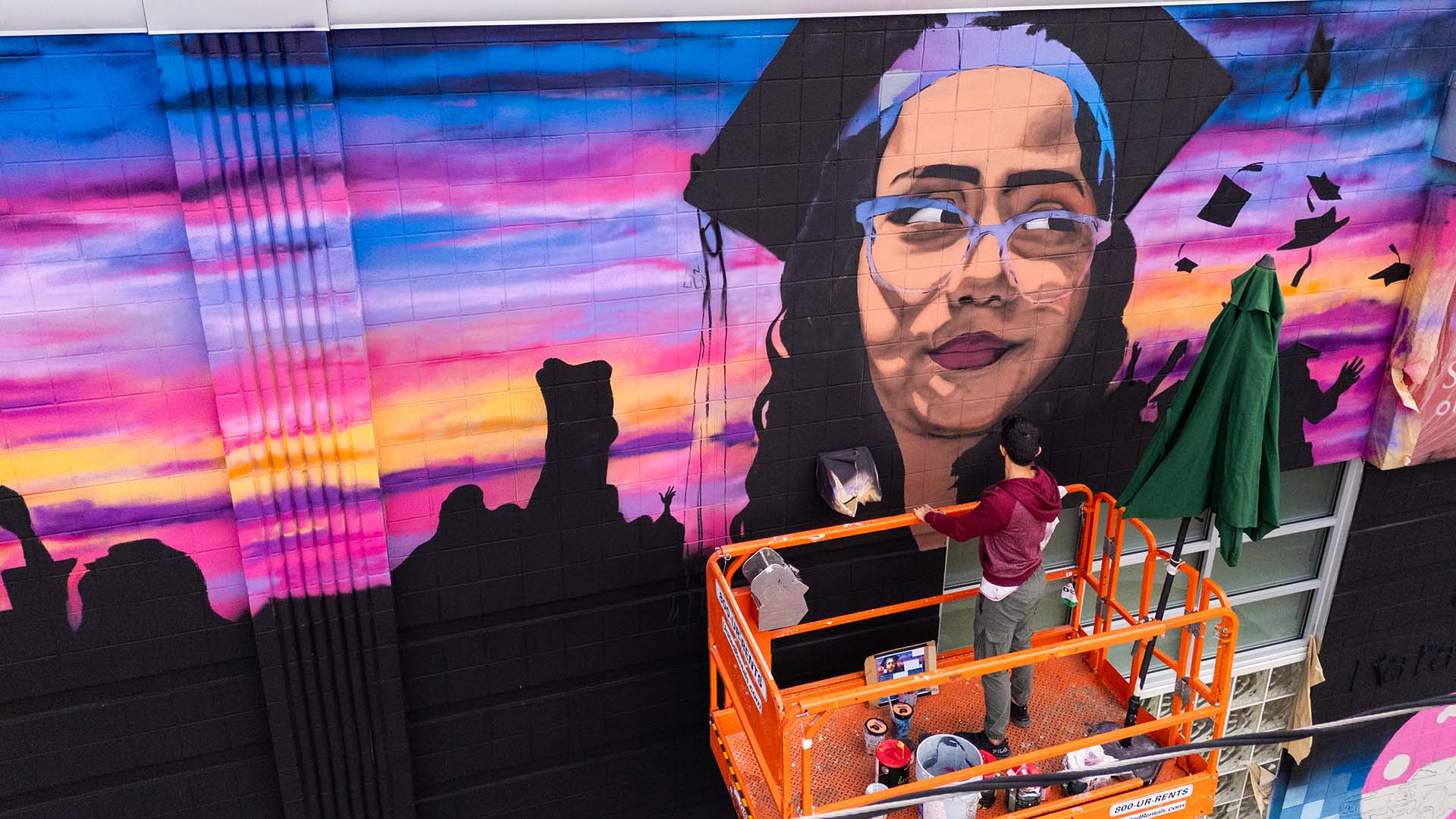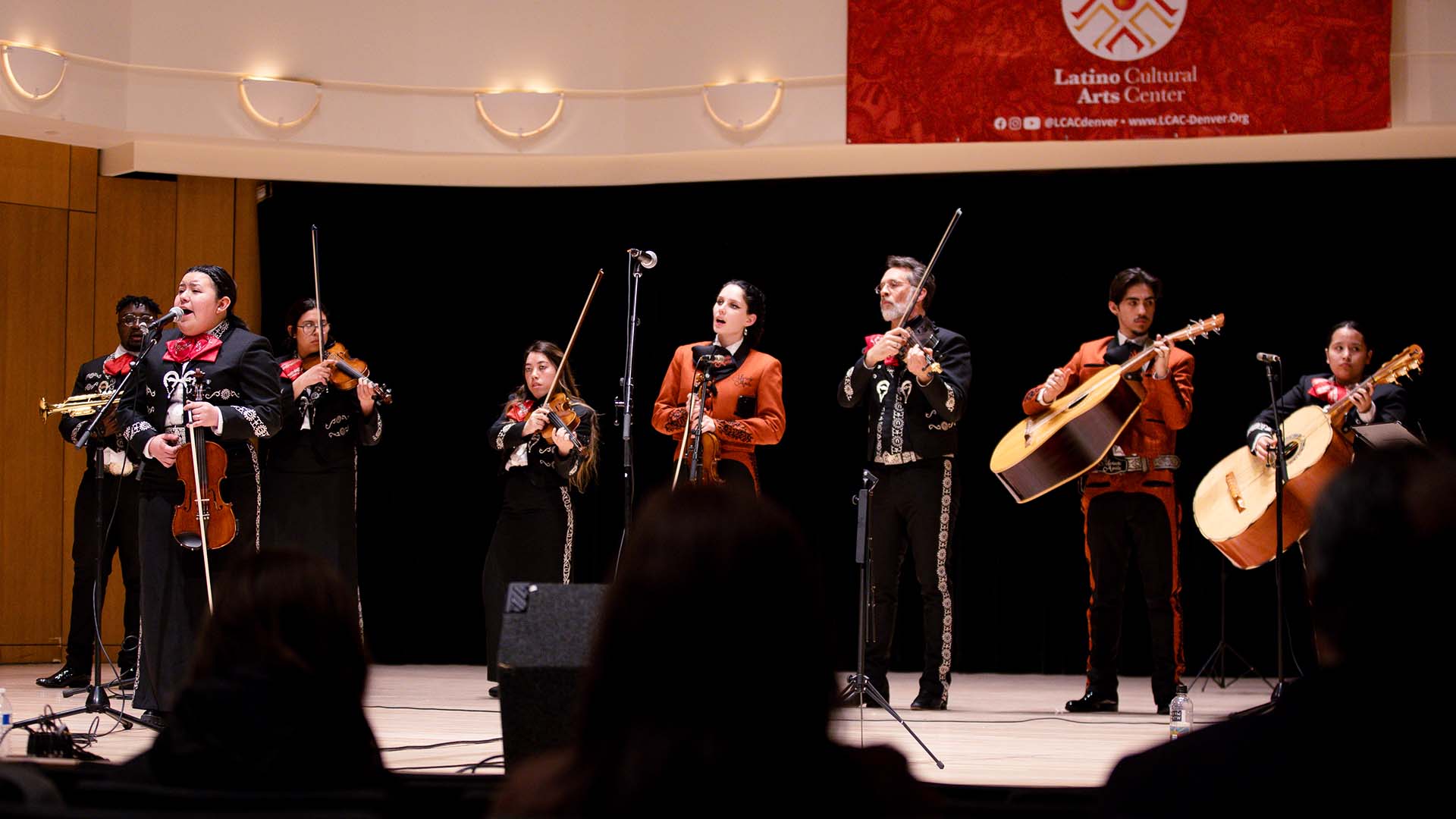8 great reads for Banned Books Week
Take a stand against censorship by adding these expert-recommended titles to your reading list.
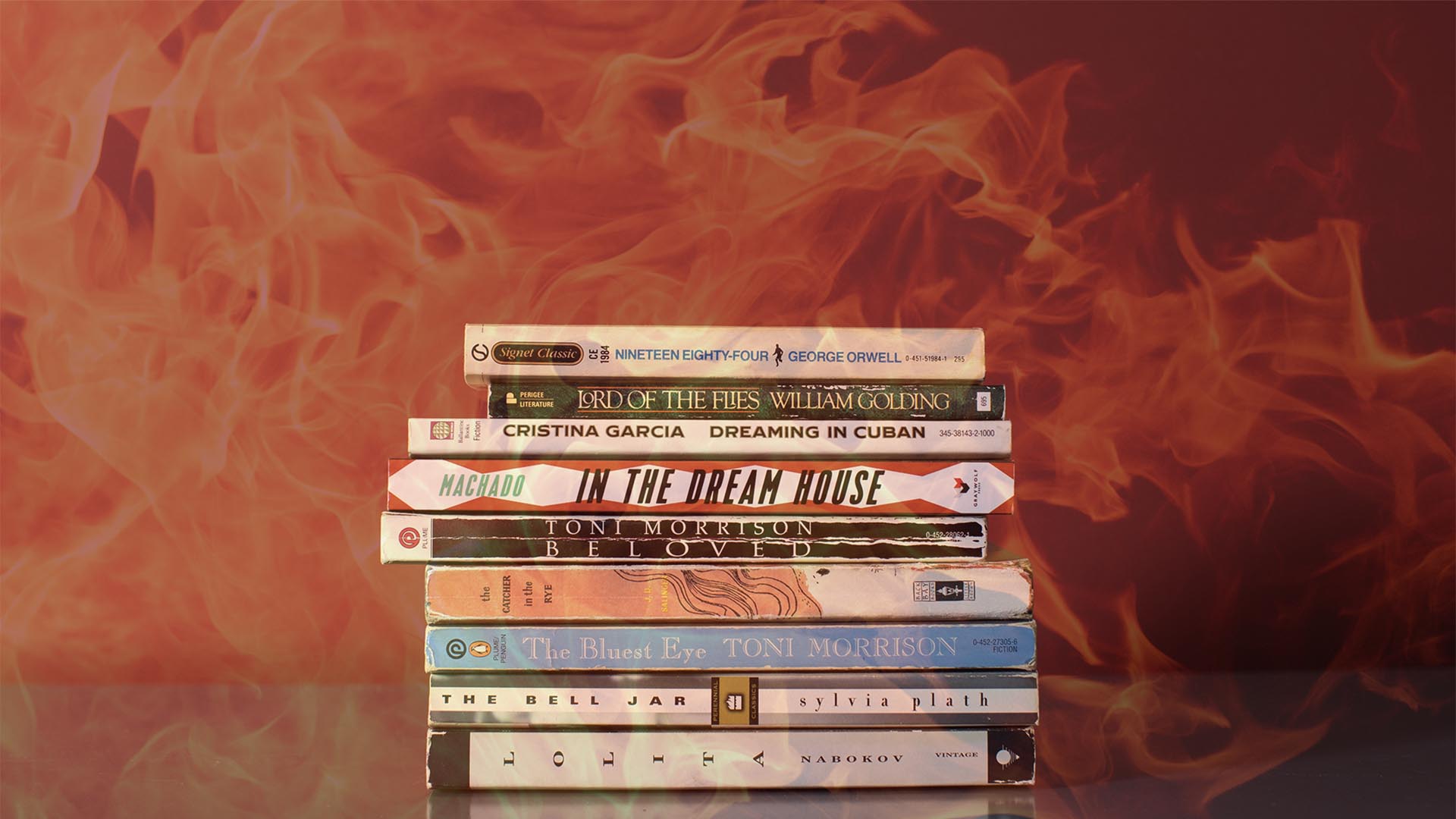
In his book “Fahrenheit 451,” Ray Bradbury imagines a future where all books are outlawed and “firemen” toss hidden literature into bonfires. Bradbury created this dystopian world in 1953, and according to data from the American Library Association, we’re creeping closer to it becoming a reality than at any other time in recent history.
The ALA reported a 584% increase in the number of books challenged in 2021 (1,597 compared with 273 the year prior). Of the 10 most-banned books of 2021, nine are considered “sexually explicit” or have sexual content, five deal with LGBTQ+ issues and four are by authors of color. This isn’t so different from top-10 lists of banned books in previous years, but the increase in volume suggests that some of these ideas are beginning to enter the mainstream, said Elizabeth Kleinfeld, Ph.D., professor in the Department of English and director of the Writing Center at Metropolitan State University of Denver.
“I think there’s a lot of fear on the part of the people who are seeking to ban those books about how much the world could change if the ideas in those books become mainstream,” Kleinfeld said.
And book bans aren’t just restricted to conservative states such as Texas and Florida. In Erie, librarian Brooky Parks was fired for allegedly holding a “Read Woke” book club. Denver author R. Alan Brooks received death threats over social media for announcing his plans to write an anti-white-supremacist graphic novel. Everyone is affected by the outcomes of book bans, said Wendolyn Weber, Ph.D., English professor at MSU Denver.
“We’re all diminished when anyone in our society decides that they have the right to dictate what is or isn’t appropriate for anyone else to read,” Weber said. “When books are banned simply for conveying difference, for somehow questioning some perceived normative mode, how does that not harm everyone’s ability to think flexibly and critically on their own?”
RELATED: 7 books to read this summer
By reading banned books, we rally against censorship, celebrate bold ideas and recognize their worth in our society, Weber said. In honor of Banned Books Week (Sunday through Sept. 24), RED collected expert recommendations for banned books from English and Education faculty members, as well as Auraria Library staff.
Kleinfeld recommends:
“An Indigenous Peoples’ History of the United States”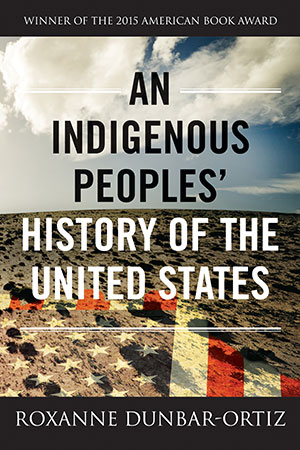 by Roxanne Dunbar-Ortiz
by Roxanne Dunbar-Ortiz
Challenged by Central York High School in Pennsylvania in 2021, Dunbar-Ortiz’s book reframes U.S. history, revealing colonialist policies that were designed to displace or eliminate Indigenous communities. Her bottom-up approach centers the Indigenous experience and seeks to rectify a knowledge deficit about North America’s native peoples.
“The Color Purple”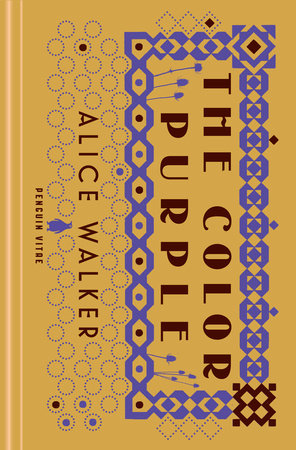 by Alice Walker
by Alice Walker
Originally published in 1982, Walker’s book began to be banned in 1984, and similar bans have been going strong ever since. The novel portrays a young Black girl’s sexual and physical abuse by her father and later, when she was an adult, her abusive marriage and intimate relationship with a woman. The book received the Pulitzer Prize and the National Book Award, marking the first time a Black woman received these prestigious awards.
Weber recommends:
“Madame Bovary”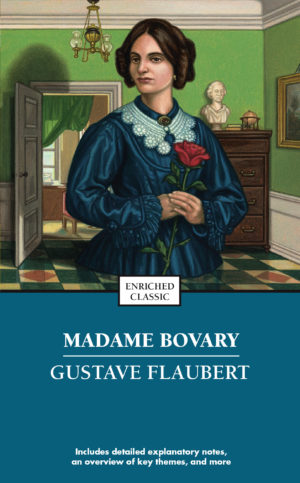 by Gustave Flaubert
by Gustave Flaubert
This book’s protagonist, Emma Bovary, flails around miserably and seeks solace in extramarital affairs and spending beyond her means. A realist portrayal of a woman deeply unsatisfied with her marriage and life, “Madame Bovary” was banned on its initial release in 1856, and the author was tried for obscenity.
“Rubyfruit Jungle”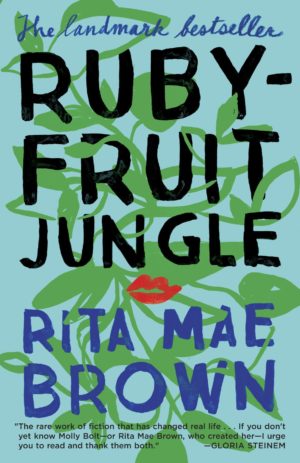 by Rita Mae Brown
by Rita Mae Brown
Published in 1973, “Rubyfruit Jungle” is a coming-of-age novel that features Molly Bolt, the adoptive daughter of a poor Southern family. Recognized as an early lesbian novel, the book has been banned by multiple schools for its sexual content.
Corey Sell, Ph.D., professor of Elementary Education at MSU Denver, recommends:
“The Hate U Give”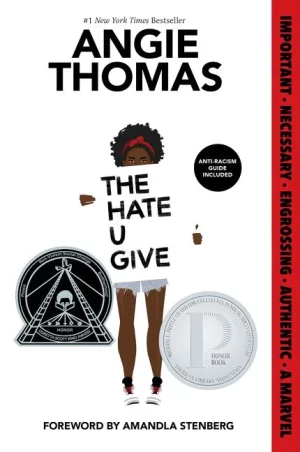 by Angie Thomas
by Angie Thomas
Thomas’ young-adult novel about a Black teen, Starr Williams, who witnesses the police shooting of an unarmed friend has landed on the top-10 list of banned books nearly every year since its publication in 2017 and is the fifth-most challenged book of 2021. The book has received several awards and was made into a film in 2018.
“Stamped: Racism, Antiracism, and You”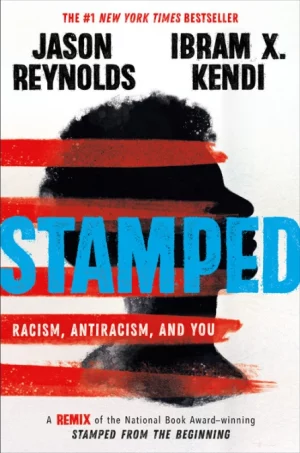 by Ibram X. Kendi and Jason Reynolds
by Ibram X. Kendi and Jason Reynolds
This co-written, bestselling book for middle-grade readers follows five historical figures — Cotton Mather, Thomas Jefferson, William Lloyd Garrison, W.E.B. Du Bois and Angela Davis — to show the difference between segregationist, assimilationist and anti-racist views. Challengers of the book have said the book contains “selective storytelling” and doesn’t show racism against all people.
Kelly A. McCusker, collection-development program lead, Auraria Library, recommends:
“The Kite Runner”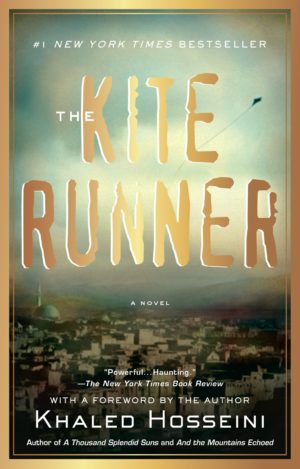 by Khaled Hosseini
by Khaled Hosseini
A New York Times bestseller, “The Kite Runner” tells the story of an unlikely friendship during a tumultuous time in 1970s Afghanistan. It has consistently appeared on the top-10 list of banned books since its publication in 2003 and was made into a movie in 2007.
“I Know Why the Caged Bird Sings”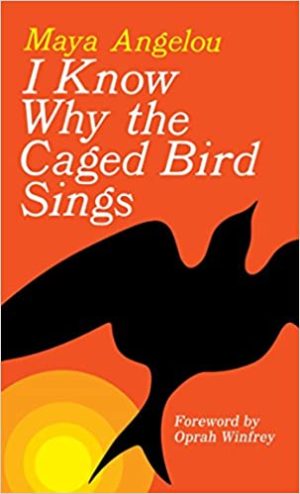 by Maya Angelou
by Maya Angelou
Often considered autobiographical fiction, “I Know Why the Caged Bird Sings” depicts a Black girl from age 3 to 17 and chronicles her experiences with racism and trauma. Published in 1969 to great critical acclaim, the book has been challenged in 15 states and is among the 10 books most frequently banned from school libraries and classrooms.
See the Auraria Library’s full list of featured banned books.

